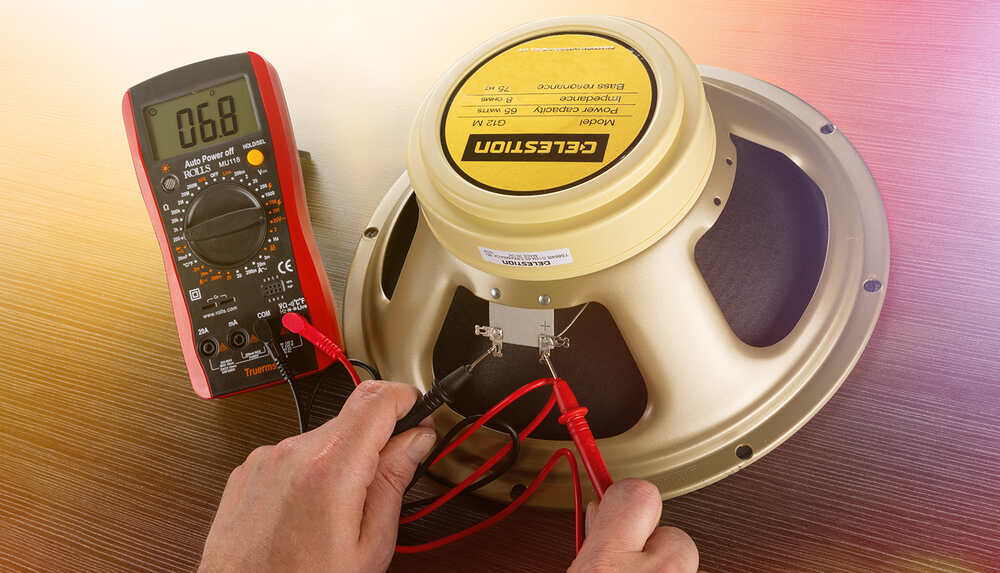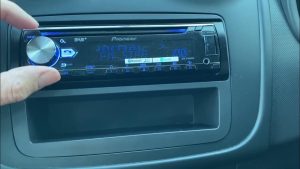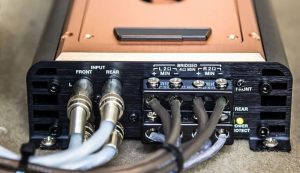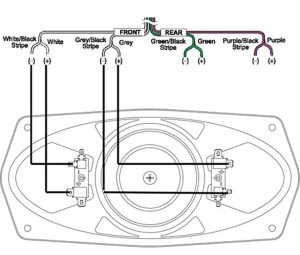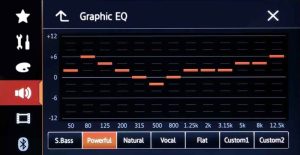In the realm of automotive pleasures, the significance of a quality car speaker cannot be overstated. For those of us who revel in the joy of cruising down the open road with our favorite tunes as the backdrop, the experience is only as good as the sound system that delivers it. In this guide, I’ll share my journey as a car audio enthusiast, providing insights into how to test a car speaker effectively, ensuring that you get the best possible auditory experience on your journeys.
Contents
Understanding Your Car Speaker
Components of a Car Speaker
Before delving into testing methods, let’s understand the anatomy of a car speaker. Typically, a car speaker consists of a woofer, tweeter, and midrange component. The woofer handles low-frequency sounds, the tweeter manages high-frequency sounds, and the midrange takes care of the frequencies in between. Additionally, crossovers and speaker enclosures play crucial roles in directing specific frequencies to the appropriate components.
Recognizing Signs of Speaker Issues
As a car speaker user, it’s essential to be attuned to signs of potential issues. If you notice distorted sound, rattling, buzzing, or uneven volume levels, it may indicate a problem with your speakers. These signs are your car’s way of communicating that it’s time for a thorough inspection.
Preparing for the Test
Gathering Necessary Tools
To conduct a comprehensive speaker test, assemble the necessary tools. You’ll need test tones and audio files for different frequency ranges, a multimeter for electrical testing, and any additional equipment specific to your car audio system.
Setting the Stage: Optimal Testing Conditions
Create a quiet testing environment to accurately assess your car speakers. Turn off the engine and eliminate external noise as much as possible. Ensure a balanced audio source to get accurate readings.
Conducting a Visual Inspection
Examining Speaker Wires and Connections
Start the testing process with a visual inspection. Check speaker wires and connections for any signs of wear or damage. Confirm that all connections are secure and that the polarity is correct.
Checking for Physical Damage
Inspect the physical components of your speakers. Look for damage to the cones, surrounds, and speaker grilles. Physical damage can significantly impact sound quality and should be addressed promptly.
Listening Test: Evaluating Sound Quality
Playing a Range of Audio Tracks
Now comes the fun part—listening to your favorite tracks. Play a variety of audio tracks, including bass-heavy ones for woofer assessment, high-frequency tracks for tweeter evaluation, and balanced tracks for midrange analysis.
Paying Attention to Distortions and Anomalies
Listen for clarity and sharpness in the audio. Note any distortions, rattling, or unwanted noise. These observations will guide you in identifying specific issues with your car speakers.
Electrical Test: Using a Multimeter
Checking Impedance
Take a multimeter to check the impedance of your speakers. Understanding speaker impedance is crucial, and you should ensure consistency across all speakers in your car.
Measuring Voltage
Measure the voltage to confirm compatibility with your car audio system. Address any discrepancies in voltage to prevent potential damage to your speakers.
Advanced Testing Techniques
Frequency Response Analysis
For a more in-depth analysis, consider using test tones to assess the frequency response of your speakers. Identify peaks and dips in response, which can indicate areas for improvement.
Phase Testing for Coherent Sound
Check the phase alignment of your speakers. Aligning speaker phases ensures coherent sound reproduction and can be crucial for a seamless audio experience.
Troubleshooting and Solutions
Common Speaker Issues and Their Fixes
If issues arise during testing, common problems include wiring issues and speaker component failures. Address wiring problems promptly, and if a speaker component fails, consider replacing it with a high-quality replacement.
Seeking Professional Help When Needed
While DIY testing is valuable, some issues may require the expertise of audio professionals. If you encounter complex problems or limitations in your testing, consult with experts who can provide tailored solutions.
Conclusion
In conclusion, regularly testing and maintaining your car speakers is key to preserving the pleasure of crystal-clear audio on your journeys. By following this comprehensive guide, you empower yourself as a car speaker user to identify and address issues, ensuring that your driving soundtrack remains a source of joy and satisfaction.
